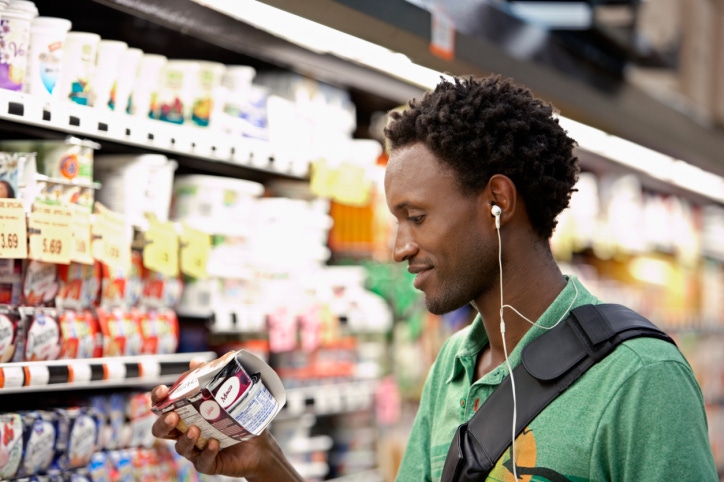With a rapidly changing marketplace and supply chain, the barriers to entry have never been lower before for food and beverage upstarts.
December 19, 2018

Changes in consumer behavior, the growth of digital commerce and increasingly rapid product cycles have made it easier than ever for new food and beverage brands to be successful, as long as they understand the market and proceed accordingly. The brands of yesterday are finding it tougher to compete in the maturing Millennial world. In this digital age, consumers find their lives increasingly hectic, and also care more about where their food comes from, how it’s grown and how it gets to them. As the digital supply chain continues to mature, consumers can increasingly find and purchase food that is healthy, ethically and environmentally conscious and able to be delivered.
Millennials have a reputation for being more socially conscious and focused on sustainability than previous generations, and this has increasingly driven market success for food and beverage brands that have such programs in place. It’s well known that consumers are increasingly interested in where their food comes from, what it’s made of and how it gets to them. Local, sustainably grown products have never had the clout and advantage they do today, and consumers are willing to pay more for what they perceive to be a healthier, safer, more socially conscious product. This is evidenced by the rapid growth of the farm-to-table movement in the restaurant industry. Packaged food brands that can stand behind these statements by tracking the origin of products, labeling products for allergens and other ingredients, and optimizing consumers’ exposure to healthy ingredients are setting themselves up for success in this new world. But how can they source, track and provide this information to the consumer with all the other challenges a growing company has? Having the right processes and systems in place can minimize the additional effort required to track this information as much as possible, thereby positioning themselves for success without adding substantial costs in the process.
One of the key challenges faced by consumers today is balancing work, life and wellness. Maintaining balance between work and personal lives has always been difficult, but juggling those responsibilities has become increasingly challenging in recent years. The new workforce is facing an economy that requires more work hours and often more responsibility at an earlier age, making it harder to find the time to make healthy choices. It hasn’t been until recently that digitally enabled commerce and supply chains have been able to make a positive impact on our frenzied lives. While today’s consumers are increasingly looking for healthier products to consume, they have less time to do so. With the growth of the digital supply chain, the ubiquity of mobile devices as an extension of ourselves and the eagerness of newer food and beverage brands to leverage these capabilities, consumers are starting to have an easier time finding and obtaining the food products they want, when they want them. Change is happening fast. In addition, with the changing consumer habits and the new technologies that support them comes the opportunity to quickly respond with new products that meet and exceed these needs. Smart food and beverage brands will look for business solutions that take advantage of these trends and better meet the needs of today’s consumer.
With over 25 combined years of operational and consulting experience in distribution and manufacturing, John Bek brings industry knowledge and process expertise to NetSuite customers with the goal of driving product solutions, sharing industry knowledge, and driving customer success. In his current role as segment leader for NetSuite's food and beverage segment, he leads a cross-functional team in the execution of NetSuite's food and beverage go-to-market strategy.
About the Author(s)
You May Also Like




.png?width=800&auto=webp&quality=80&disable=upscale)